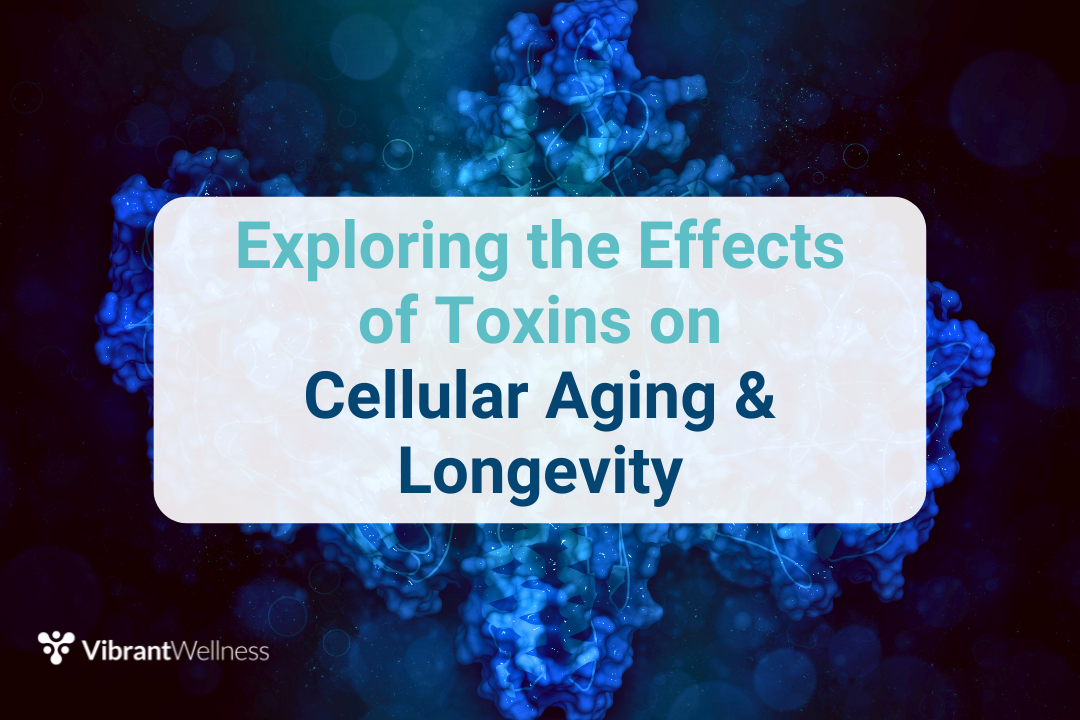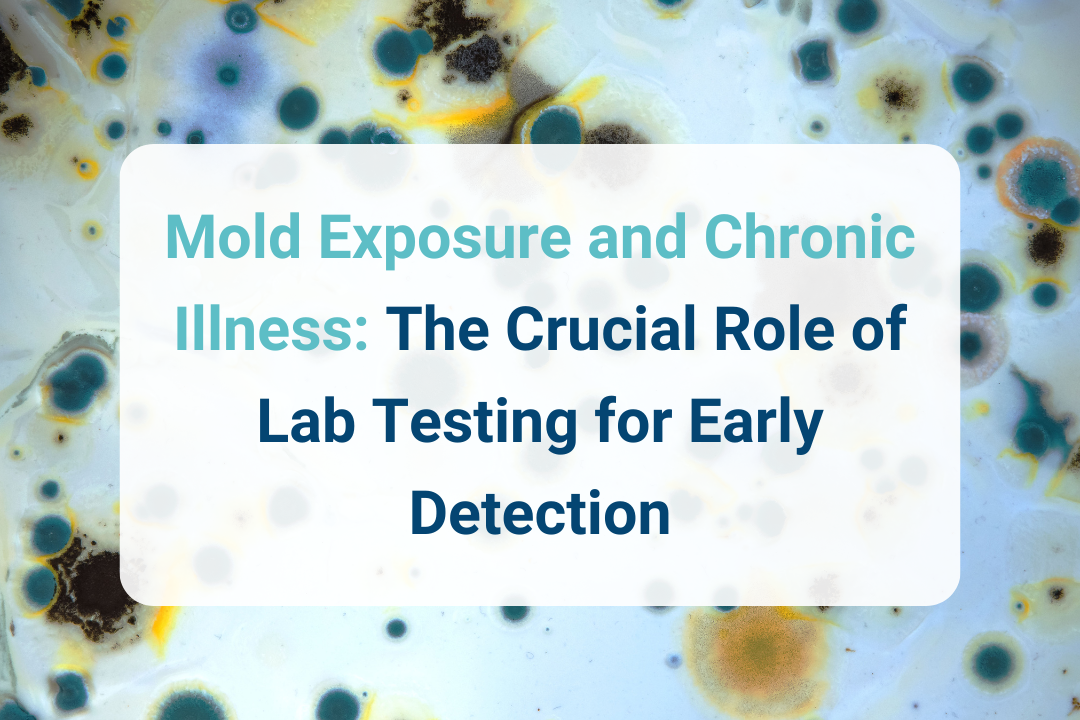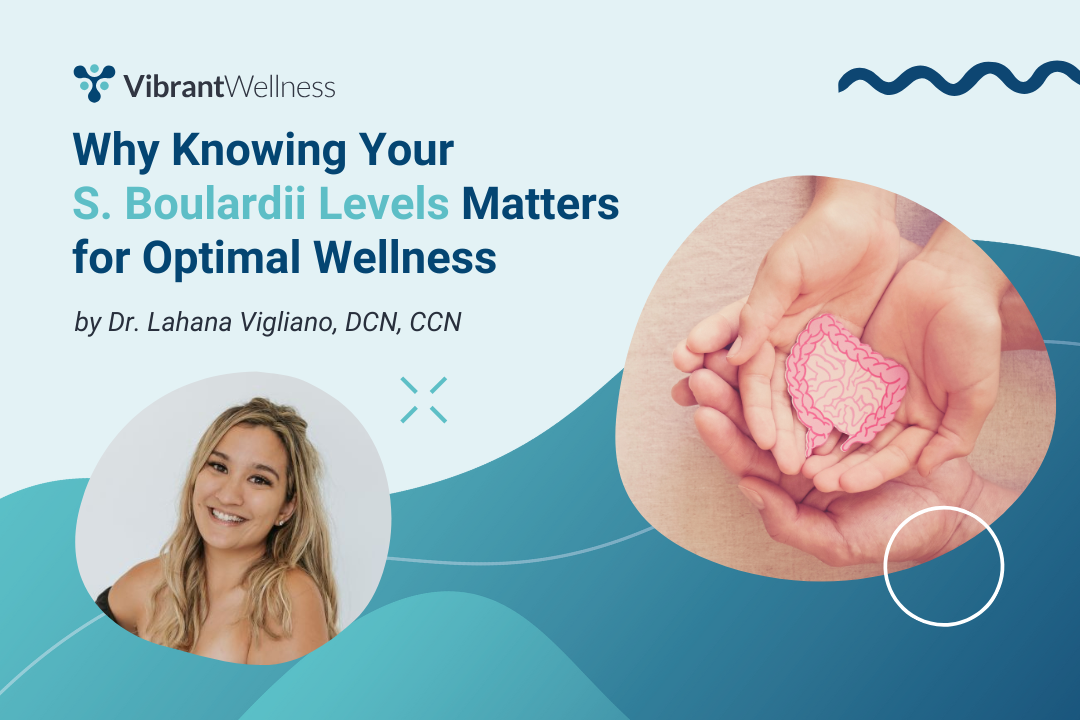Detoxify Your Life: Understanding the Role of Toxin Testing in Wellness
A consequence of modern innovations is constant exposure to toxins in our daily lives from the environment, food, water, and even household products.
These toxins can accumulate in our bodies over time, leading to a range of health issues.
Detoxification, the process of removing these harmful substances, is crucial for maintaining optimal health and preventing chronic illnesses. But how do you know if your body needs detoxification?
The simplest way to determine if your body is overwhelmed with toxins is through toxin testing.
Toxin testing helps identify the presence and levels of various toxins in your body, providing valuable insights into your overall health and guiding targeted detox strategies.
In this blog, we’ll examine the importance of detoxification, the symptoms of toxin accumulation, and advanced toxin testing for identifying and managing toxins.

Table of Contents
| Blood Tests | ||
| Urine Tests | Physical Activity and Sweating | |
| Saliva Tests | Mindful Consumption | |
| Genetic Testing | Stress Management | |
Detoxification as a Pillar of Health

Detoxification is essential for maintaining optimal health and well-being. Our bodies are designed to naturally eliminate toxins and waste through processes involving the liver, kidneys, skin, and lungs.
We rely on this inherent system to remove harmful substances and protect us from damage.
The liver primarily carries out detoxification. Through this process, our bodies transport blood through the spaces between liver cell units. Here, the blood is filtered for chemicals, dead cells, drugs, microorganisms, and other waste, which are then removed from the bloodstream.1
Waste products are then broken down through a multi-step process and excreted through bile.
Toxins in the bloodstream can also be removed by the kidneys and excreted through urine.
The significance of detoxification lies in its ability to support and enhance these natural processes.
However, in today's toxin-laden environment, these systems can become overwhelmed, leading to toxin accumulation in the body.
This buildup can result in various health issues, including fatigue, digestive problems, neurological symptoms, and a weakened immune system.
Regular detoxification can help prevent chronic illnesses, promote better energy levels, and enhance mental clarity.
By utilizing toxin testing, you can identify specific toxins in the body and implement personalized detox strategies.
Additionally, a comprehensive toxin test can provide an overview of your body’s toxic load, enabling you to take targeted actions to reduce it.
Taking a toxin test ensures you address the root causes of toxin accumulation and effectively support your body’s natural detoxification pathways.
Detoxification isn't just about addressing existing health issues. It's also a proactive measure to maintain long-term health.
Regularly testing for toxins in body systems provides critical information that allows for early intervention, helping you mitigate toxins' impact before they cause significant harm.
Incorporating detoxification practices and regular toxin testing into your wellness routine can lead to a more vibrant and healthy life.
By understanding your body's unique toxic load and taking steps to reduce it, you can achieve balance and vitality that supports overall well-being.
Symptoms of Toxin Accumulation
Recognizing the symptoms of toxin accumulation in the body through toxin testing is crucial for taking timely action to detoxify and restore health.
Initially, mild symptoms of toxin buildup may include fatigue, digestive issues, and skin problems. Persistent tiredness, bloating, constipation, diarrhea, and abdominal pain are common early indicators.
The skin, a major organ of detoxification, often shows signs of overload through acne, rashes, eczema, and unexplained itching.
Over time, as the toxic burden increases, these symptoms can escalate and become more severe. Cognitive and neurological symptoms such as brain fog, memory problems, and difficulty concentrating can emerge.
Frequent headaches, dizziness, and mood swings may also result from the accumulation of neurotoxins, which directly impact brain function.
Additionally, toxins can further weaken the immune system, making the body more susceptible to infections and illnesses, leading to frequent colds, flu-like symptoms, and slow recovery.
Musculoskeletal pain is another common consequence of toxin accumulation. Chronic exposure to toxins can trigger inflammation, causing persistent muscle aches, joint pain, and stiffness.
This inflammation is often exacerbated by heavy metals and environmental pollutants, leading to chronic discomfort and pain in the body.
Hormonal imbalances can also arise from prolonged toxin exposure. Toxins can interfere with hormone production and regulation, leading to irregular menstrual cycles, infertility, and symptoms like weight gain, mood swings, and fatigue.
Endocrine-disrupting chemicals (EDCs) can mimic or block hormones, disrupting the endocrine system and causing various hormonal issues.
Toxins as a Source of Disease

With enough exposure to toxins, symptoms that are initially mild can transform into full-blown diseases. One example is neurological diseases.
Various environmental toxins are linked to neurodegenerative disorders such as Parkinson's and Alzheimer's disease.
Metals like lead, aluminum, mercury, manganese, cadmium, arsenic, pesticides, and metal-based nanoparticles are implicated in these conditions.2
Additionally, heavy metals, in ionic, particulate, and nanoparticle forms, are linked to respiratory and cardiovascular diseases, reproductive and central nervous system dysfunction, and even cancer.
Heavy metal exposure can lead to disease through mechanisms like DNA damage and peroxidation of lipids.
Metals like mercury and cadmium can induce inflammation and oxidative stress, leading to cardiovascular damage.3
These toxic metals are also linked to autoimmune development. For example, mercury is associated with autoimmune conditions like systemic lupus erythematosus, autoimmune thyroiditis, and multiple sclerosis.
Additionally, metals like lead exacerbate nervous system diseases by increasing the body’s immune response against neuronal cell proteins.
Recognizing these symptoms early and understanding the importance of detoxification can help mitigate the long-term effects of toxin exposure.
If you experience several of these symptoms consistently, undergoing toxin testing can provide valuable insights into your body’s toxic load.
Identifying specific toxins through a total toxin test or other toxin test and implementing targeted detoxification strategies can alleviate symptoms and improve your overall well-being.
The Benefits of Toxin Testing

Toxin testing is essential for understanding your body’s toxic load and identifying specific toxins affecting your health.
A test for toxins in body systems provides detailed insights into the various harmful substances present in your body.
Toxin testing can measure a range of toxins, including heavy metals, environmental pollutants, mycotoxins from mold, and synthetic chemicals.
These tests typically involve analyzing blood, urine, or saliva samples to detect and quantify toxins in your body.
One of the primary benefits of toxin testing is that it provides a comprehensive picture of your subjective toxic load.
Knowing which toxins you’re dealing with allows you to create a targeted treatment plan rather than relying on a one-size-fits-all approach.
Understanding your toxin levels through a Total Tox Burden test or other toxin tests can also help you monitor the effectiveness of your detox strategies over time.
Regular toxin testing allows you to track changes in your toxic burden, ensuring that your detox efforts are effective and enabling you to make adjustments as needed.
This proactive approach can prevent the accumulation of harmful substances and reduce the risk of chronic health issues associated with long-term toxin exposure.
Furthermore, toxin testing can highlight potential sources of toxin exposure in your environment, diet, or lifestyle.
By identifying these sources, you can minimize exposure and protect your health. This might involve changing your diet, switching to natural cleaning products, or addressing mold issues in your home.
Incorporating toxin testing into your wellness routine helps you to take control of your health by providing the knowledge needed to make informed decisions.
Understanding your body's unique toxic load and implementing targeted detox strategies can help you feel better in your daily life.
Advanced Diagnostic Tools for Toxin Testing
Understanding the different types of toxin testing available is necessary for effectively identifying and addressing the various harmful substances that can accumulate in your body.
Each type of test provides specific insights into your body’s toxic load, helping you develop a targeted detoxification strategy.
There are various types of toxin testing available:
The Total Tox Burden test is a type of total toxin test that measures your overall toxic load. It detects 20 heavy metals, 29 mycotoxins, and 38 environmental toxins for a comprehensive toxin assessment.
A total toxin test provides a holistic view of various types of toxins and helps you understand the cumulative impact of multiple toxins on your health.
The Environmental Toxins test identifies the presence of harmful chemicals and pollutants in your body.
The toxin test uses 38 different markers to detect exposure to environmental toxins, including common pesticides, herbicides, plasticizers, and preservatives.
These toxins can come from various sources, such as air, water, food, and household products.
This panel helps you test for toxins in the body, pinpoint specific environmental exposures, and take steps to reduce them.
The Heavy Metals test detects exposure to 20 of the most harmful heavy metals and elements, such as arsenic, lead, and mercury.
Heavy metals can accumulate over time and cause serious health issues, including neurological problems, cardiovascular diseases, and impaired immune function. Toxin testing for heavy metals is crucial for identifying and mitigating exposure.
.png?width=800&height=449&name=testing%20(1).png)
The Mycotoxins Test detects toxic compounds produced by mold.
Mycotoxins can contaminate food and indoor environments, leading to health problems when inhaled or ingested.
Symptoms of mycotoxin exposure include respiratory issues, fatigue, and cognitive problems.
This toxin test measures levels of 29 of the most common mycotoxins produced by mold that people are exposed to from both dietary and environmental sources.
Toxin testing for mold helps identify mold-related toxins and supports efforts to eliminate them from your environment and body.
The PFAS Chemical Test measures the levels of per- and polyfluoroalkyl substances (PFAS) in your body.
PFAS are synthetic chemicals found in various consumer products, such as non-stick cookware, waterproof clothing, and food packaging.
Exposure to PFAS is linked to adverse health effects, including hormone disruption, immune system impairment, and an increased cancer risk.
Identifying PFAS levels through toxin testing is critical for reducing exposure and mitigating health risks.
The Toxin Genetics Test provides insights into your genetic predisposition to toxin sensitivity and detoxification efficiency.
By analyzing specific genetic markers, this test helps you understand how your body processes and eliminates toxins.
Genetic variations can affect the activity of enzymes involved in detoxification pathways, making some individuals more susceptible to toxin-related health issues.
Genetics toxin testing enables you to personalize your detoxification strategies based on your genetic profile.
Incorporating these toxin tests into your wellness routine can provide a comprehensive understanding of your body’s toxic load.
By identifying specific toxins and their sources, you can implement targeted detox strategies, support your body’s natural detoxification processes, and enhance your overall health.
Toxin Testing Methods
In addition to understanding the various types of toxin testing available, knowing the methods used to test for toxins in the body can help you accurately assess your toxic load and implement effective detox strategies.
Various testing methods are available, each designed to detect and measure specific toxins in the body.
Standard testing methods used in toxin testing include:
Blood Tests

Blood tests are common for detecting toxins, especially heavy metals and environmental pollutants.
This type of toxin testing involves drawing a blood sample and analyzing it for the presence and concentration of specific toxins.
Blood tests provide a snapshot of current exposure levels and are particularly useful for assessing acute exposure to toxins.
Urine Tests
Urine tests are widely used in toxin testing to measure the body’s excretion of toxins. This method is effective for detecting various toxins, including heavy metals, environmental chemicals, and mycotoxins.
Urine tests can reflect both recent and past exposures, making them a valuable tool for monitoring ongoing detoxification efforts.
It’s helpful to test for toxins in body fluids like urine or blood because this is where many toxins are found, either present in the bloodstream or being excreted in urine.
Saliva Tests
Saliva tests assess exposure to certain toxins, such as hormones and some environmental chemicals.
This method involves collecting a saliva sample and analyzing it for specific toxins. Saliva testing is non-invasive and easy to perform, making it a practical option for frequent testing.
Genetic Testing

Genetic testing, such as the Toxin Genetics Test, analyzes your DNA to identify genetic variations that affect detoxification pathways.
By understanding your genetic predisposition to toxin sensitivity and detoxification efficiency, you can tailor your detox strategies to suit your genetic profile. This personalized approach can enhance the effectiveness of your detoxification efforts.
Each toxin test provides unique insights into your body’s toxic load and helps you develop a targeted detox plan.
By understanding the different testing methods and what they measure, you can choose the most appropriate tests for your needs and monitor your progress over time.
Incorporating regular toxin testing into your wellness routine ensures that you can effectively address and combat toxins’ impact on your health.
Lifestyle Strategies for Detoxification
Once you test for toxins in the body, implementing lifestyle strategies to reduce your exposure will help you maintain long-term health and well-being.
By making mindful choices in your daily life, you can minimize the impact of environmental toxins and support your body’s natural detoxification processes.
Here are some effective strategies to consider:
Nutrition Plan for Detoxification

A well-balanced nutrition plan can be vital in promoting detoxification.
Proper nutrition provides the essential vitamins, minerals, and antioxidants that support your body’s natural detox pathways, primarily in the liver.
Nutrients from whole foods help the liver convert toxins into less harmful substances that can be excreted.
Consuming a diet rich in fiber, antioxidants, and hydration aids in binding and eliminating toxins through the digestive system, urine, and sweat.
A structured nutrition plan can enhance these processes, making your detox efforts more effective.
Learn more from our blog article:
How to Develop a Detoxification Food Plan [With Printable Food Plan]
Reducing Environmental Exposure

If your toxin testing reveals high levels of environmental toxins, minimizing your exposure can significantly reduce your body’s toxic burden:
- Air Quality: Use air purifiers in your home to reduce airborne pollutants. Ensure proper ventilation, especially when using household cleaning products.
- Natural Cleaning Products: Switch to natural, non-toxic cleaning products to reduce exposure to harmful chemicals. Look for products free of synthetic fragrances, dyes, and harsh chemicals.
- Personal Care Products: Choose personal care items such as shampoos, lotions, and cosmetics that are free from harmful chemicals like parabens, phthalates, and sulfates.
- Water Quality: Use a water filter to remove contaminants from your drinking water. Avoid bottled water, which can contain microplastics and other pollutants.
For more detailed insights on how to reduce exposure to chemicals, read our blog article:
10 Ways to Minimize PFAS Exposure
Physical Activity and Sweating
Engaging in regular physical activity can help eliminate toxins through sweat.
Incorporating regular exercise into your routine can promote sweating, which helps expel toxins through the skin. Activities like running, cycling, and hot yoga are effective.
You can also support detoxification processes through saunas. Regular use of saunas can promote sweating and help eliminate toxins. Infrared saunas, in particular, are known for their detoxifying benefits.
Mindful Consumption

Being mindful of what you consume can help reduce toxin exposure:
- Organic Foods: Whenever possible, choose organic foods to reduce exposure to pesticides and synthetic fertilizers.
- Whole Foods: Focus on whole, unprocessed foods to minimize intake of food additives, preservatives, and artificial ingredients.
- Avoid Plastic Containers: Use glass or stainless steel containers for food storage to avoid exposure to harmful chemicals like BPA and phthalates found in plastics.
Stress Management
Chronic stress can impair detoxification processes. By incorporating stress management techniques, you can help support your overall health.
One example is meditation. Practicing mindfulness or meditation can reduce stress and support your body’s detoxification processes.
Additionally, ensuring you get enough restorative sleep each night can promote detoxification, as sleep is crucial for the body’s natural processes.
By incorporating these lifestyle strategies into your daily routine, you can effectively reduce your exposure to toxins and support your body’s natural detox system.
These proactive measures, combined with regular toxin testing, can help you maintain a healthier, toxin-free life.
Combatting Toxins & Maintaining Health
Detoxification is vital for maintaining optimal health and well-being in today’s environment.
Recognizing the symptoms of toxin accumulation, understanding the importance of detoxification, and utilizing various toxin testing methods can provide valuable insights into your body’s toxic load. These insights are essential for developing targeted detox strategies that address your specific needs.
By implementing a combination of dietary changes, reducing environmental exposure, and making lifestyle adjustments, you can support your body’s natural detoxification processes. Regular toxin testing ensures that your detox efforts are effective and allows for adjustments as needed, helping you stay ahead of potential health issues caused by toxin exposure.
Incorporating these strategies and maintaining awareness of your toxin levels can help you prevent bodily damage and potentially disease.
Taking proactive steps to detoxify your life promotes long-term health, positioning you toward longevity.
References:
1. Black, J.L. (2020). Detoxification and Biotransformation. In: Noland, D., Drisko, J., Wagner, L. (eds) Integrative and Functional Medical Nutrition Therapy. Humana, Cham. https://doi.org/10.1007/978-3-030-30730-1_14
2. Masarat N, Nahida T. Role of Environmental Toxicants on Neurodegenerative Disorders. Front Toxicol. 2022;4. doi:10.3389/ftox.2022.837579.
3. Çiğdem Sevim, Elif Doğan, Selim Comakli,
Cardiovascular disease and toxic metals,
Current Opinion in Toxicology,
Volume 19,
2020,
Pages 88-92,
ISSN 2468-2020,
https://doi.org/10.1016/j.cotox.2020.01.004.
(https://www.sciencedirect.com/science/article/pii/S2468202020300061)
 By
By





